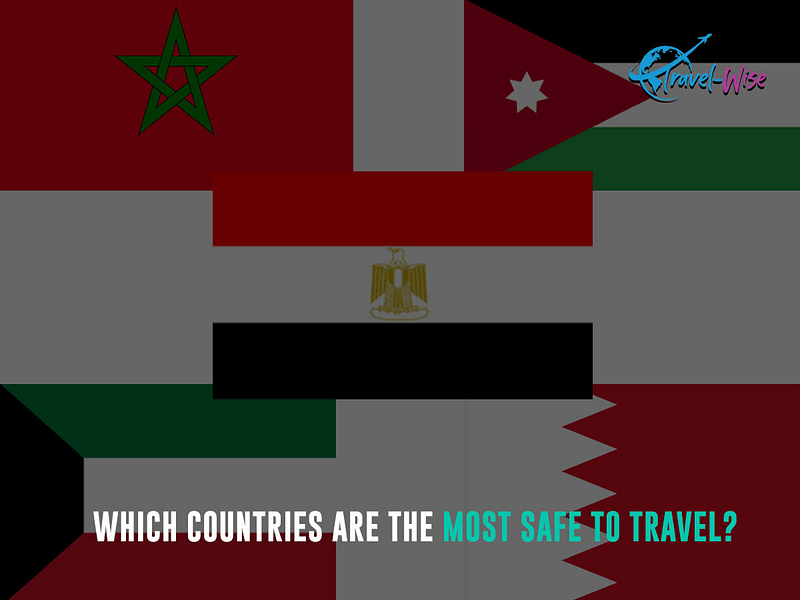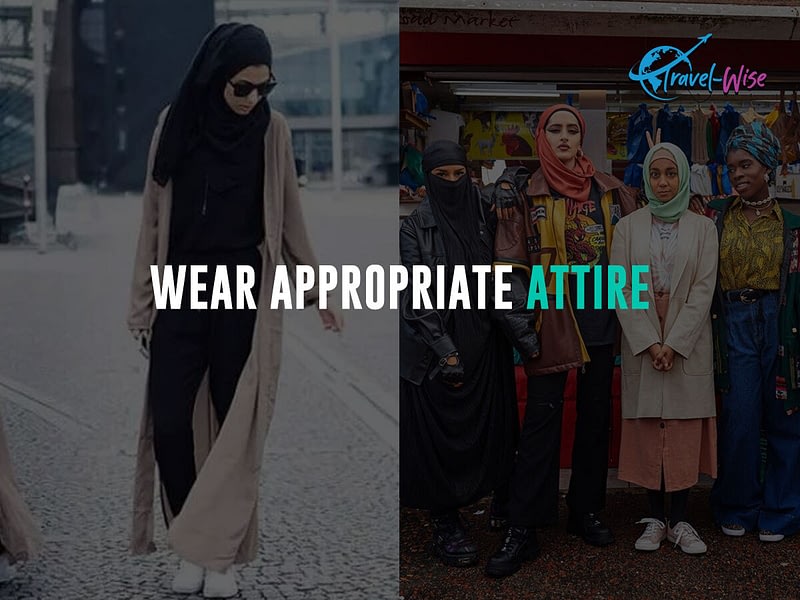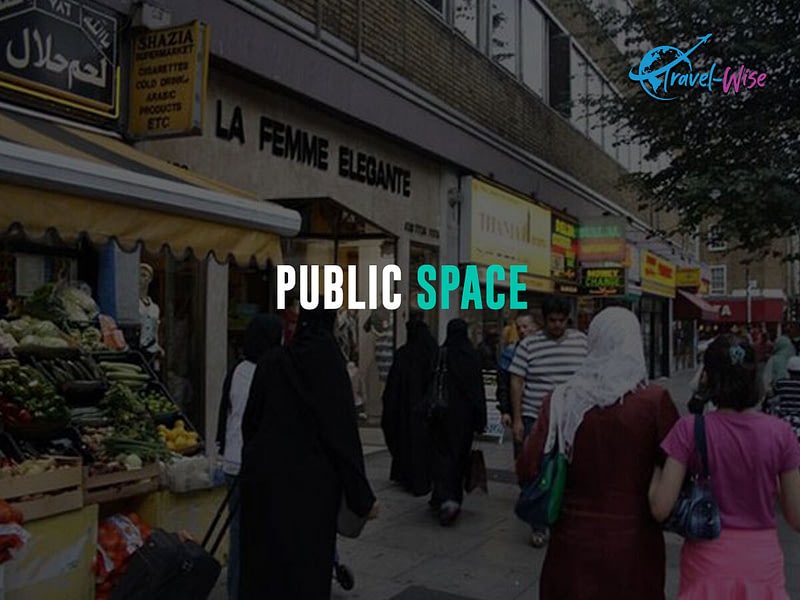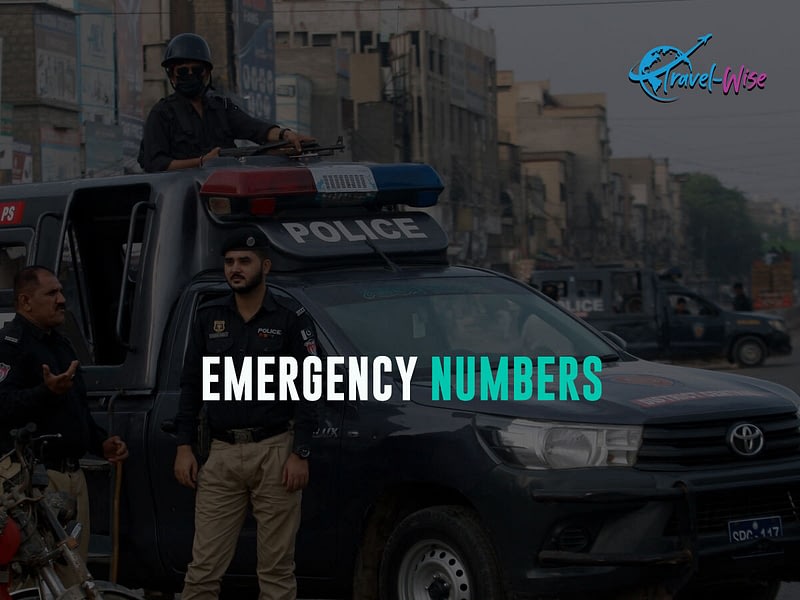Many solo female travelers tend to stay away from traveling solo to the Middle East due to the several intimidating stories about the region flooding the internet. Daily, there is news about the restrictions imposed on women by Islamic regimes in Arab countries, conflicting reports, and terrifying accounts of travelers pursued by street vendors. But all these issues form only a tiny part of the bigger picture. Let’s explore some tips for women traveling solo to the Middle East.
There isn’t anything inherently risky about traveling alone in the Middle East or Arab countries, even if you are a woman. All that means is that you have to be a bit mindful of the rules and practices of the place. People in the Middle East have strict dress codes and rules regarding their religious places. Let’s explore crucial tips for women traveling solo to Arab countries so they can confidently travel.
It is important to note that the Middle East and Arab countries do not have the same meaning but have a lot of overlap. For this article, we may use the terminology interchangeably.
Featured Image Source
Is it safe for women to travel in the Middle East?

It is safe for women to travel in the Middle East, even as solo travelers. It is important to know that the culture and history have formed countries in this region differently than you may be used to. This doesn’t make it wrong inherently, so you must explore the Middle East with an open mind. If you can open your mind and respect the local customs of the Middle East, it can be pretty safe to travel and explore the beautiful countries and rich histories of these countries.
Which countries are the safest to travel?

Perhaps it is not surprising, but the countries with the most wealth from the oil trade are the safest to visit for solo female travel to the Middle East. This includes the UAE, Egypt, Oman, Qatar, Tunisia, Bahrain, Kuwait, Jordan, Turkey, and Morocco. Among these, here are some of the top picks a woman can explore as a solo traveler.
United Arab Emirates
- Dubai offers great infrastructure, English speakers, and familiar amenities that make it accessible for first-time visitors. See ultramodern marvels like the Burj Khalifa and stay in the secure, central districts along Sheikh Zayed Road.
- Abu Dhabi provides glitzy attractions like the Grand Mosque and Ferrari World theme park. Its organized tours and lack of street harassment appeal to solo females.
- Sharjah has retained its cultural character and is considered the UAE’s safest, most conservative emirate for women travelers.
Jordan
- The ancient city of Petra is Jordan’s top attraction and relatively hassle-free for women with its organized site and the quaint town of Wadi Musa nearby.
- Amman offers modern malls, ancient sites, and a progressive local culture. Stay in the Jebel or downtown areas where you can walk easily.
- Aqaba provides access to Red Sea activities like diving, snorkeling, and relaxing on pristine beaches.
Oman
- Muscat is very safe for solo women and has strict laws preventing male harassment of females. Wander souks and sites easily.
- Salalah’s subtropical climate and lush scenery provide a relaxing vibe. Visit during the mild winter months.
- Nizwa’s fort and souq can be explored at leisure without unwanted attention.
The Middle East offers incredible diversity.Just require more caution when traveling to Syria, Iran, and Afghanistan.
How women can travel solo safely in the Middle East
The people of the Middle East are frequently referred to as “male societies.” Every country has laws that must be followed, and you must respect some basic laws as a woman vacationing solo. You should be able to safely enjoy your vacation if you follow these tips.
Dress Appropriately

- Although you may see some Westernized dress in bigger cities, it’s wise to cover up fully when traveling in the Middle East. Keep shoulders, knees, cleavage, and midriffs covered.
- Consider wearing loose, lightweight materials that will keep you cool and comfortable in the heat.
- Bring scarves or wraps that can be used to cover your head when entering religious sites like mosques. This shows respect.
- Avoid form-fitting, sheer, or excessively trendy clothing to avoid unwanted attention. Opt for a modest style.
Avoid Unwanted Contact with Men

- Do not make prolonged eye contact with men or laugh loudly in public, as this can be seen as flirtatious.
- If you need directions or other help, approach women first before asking men. This avoids misinterpretation of your intentions.
- Keep physical space between yourself and men. Avoid overly friendly gestures that could be misconstrued. If in doubt, be more reserved.
Be Discreet in Public

- Avoid public displays of affection, intoxication, smoking, or profanity – this draws unwanted attention.
- Be mindful of noise levels, body language, and personal space when in public around locals.
- When taking taxis alone, sit in the back seat to keep space from the driver.
Take Precautions at Night

- Avoid going out late at night alone. Instead, visit restaurants, attractions, and shops earlier in the day if traveling solo.
- Stick to well-populated, well-lit areas if out at night. Avoid deserted streets or alleys.
- Use hotel safes, wear concealed money belts, and leave valuables at home to avoid theft risks.
Use Transportation Wisely

- Arrange airport transfers and excursions through your hotel. Use registered taxis and rideshares, not unmarked cars.
- Sit in the backseat of taxis to keep space from male drivers. Some cities have women-only sections on public transit.
- Don’t share travel plans or itineraries publicly on social media. This keeps your location private.
- Have the number for your country’s embassy saved on your phone in case issues arise.
Choose Accommodations Carefully

- Research accommodations thoroughly and book in advance when possible. Avoid arriving without confirmed reservations.
- Opt for hotels or hostels in well-lit areas with security. Inform staff if you ever feel unsafe.
- Lock your room securely when you are out and sleeping. Use all available deadbolts, chains and other locks.
- If staying in a shared dorm room, choose female-only accommodations when available.
Avoid Sensitive Topics of Discussion

- Steer clear of conversations about politics, religion, or social customs. These can offend.
- If asked intrusive questions, keep the answers vague or playfully redirect the conversation.
- Don’t voice criticism or controversial opinions as a visitor. This can cause tension or conflict.
Know Emergency Numbers

- Save emergency numbers for police, medical, and other services in your phone’s contacts.
- Have emergency cash on hand for small bills in case cards are lost or stolen.
- Make copies of your passport to keep separate from the original in case it is lost or damaged.
- Know the contact details for your home country’s embassy in the region.
Cultural Considerations for Women Travelers
While tips can help you stay safe, having cultural awareness is just as important for gaining respect and getting the most out of your Middle Eastern experience as a solo female traveler.
Attire – Dressing appropriately in loose, conservative clothing will allow you to move freely without offending local sensibilities. Covering hair and using shawls show respect at mosques.
Social Interactions – Avoid prolonged eye contact with men or laughing loudly in public, as these can be seen as flirtatious. Don’t initiate conversation with men.
Public Behavior – Refrain from smoking, drinking alcohol, public displays of affection, or loud voices in public. Be mindful of others’ personal space.
Transportation – Sit in the back seats of taxis to keep space from male drivers. Use women’s only sections on trains when available. Don’t reveal travel plans.
Accommodations – Vet hotels thoroughly and inform staff if you ever feel unsafe. Lock your room carefully and pick female-only dorms when possible.
Discussions – Avoid talking about politics, religion or social issues as you may cause offense as an outsider. Keep answers vague if asked intrusive questions.
Some other tips include:
- Learn some Arabic phrases. Making the effort is appreciated.
- Ask before photographing people, especially women. Respect refusals.
- During Ramadan, eat discreetly and dress even more modestly in respect of fasting.
- Don’t voice criticism or appear to compare your home country favorably.
Conclusion

In short, while some may feel nervous about traveling alone in the Middle East because of what they hear online, it’s important to stay open-minded and respectful of local customs. By following simple tips like dressing modestly and being cautious in public, women can explore the region safely.
For extra help with planning your trip, you can check out our trip planner app, made especially for travel enthusiasts. You can learn more about it here. It has helpful features that save you time when planning your next adventure. If you want to be wise in your travels, learn more about how the Trip Planner works. Or just start using it now to plan your next fun trip! The Travel-Wise tools help you make your dream trip happen.
With a little cultural awareness and common sense, solo female travelers can have amazing experiences in the Middle East, exploring new places and making memories that last a lifetime.
Start planning your trip now with Travel-Wise’s free trip-planning tools to have you on your way to your destination faster than ever!

